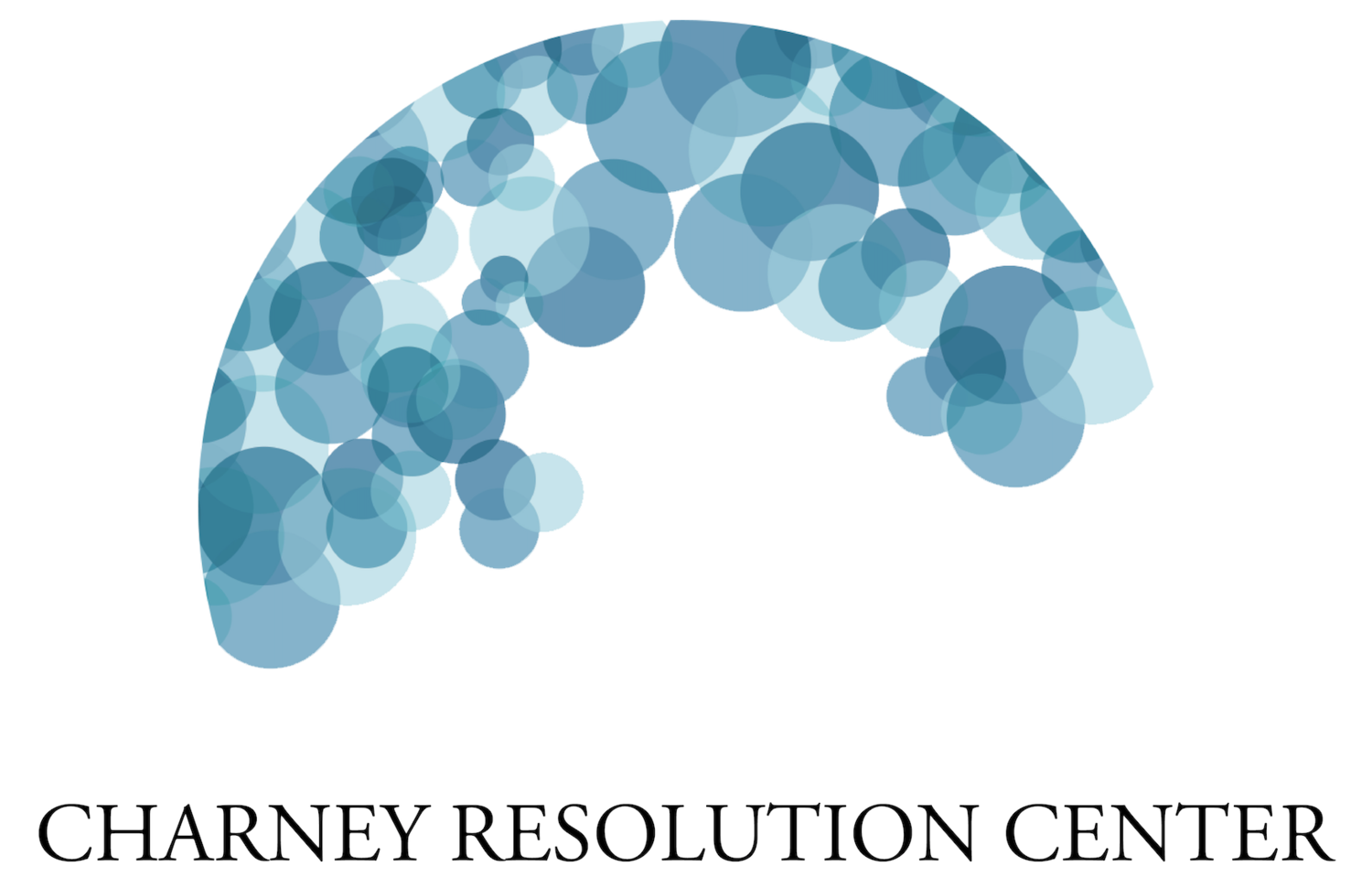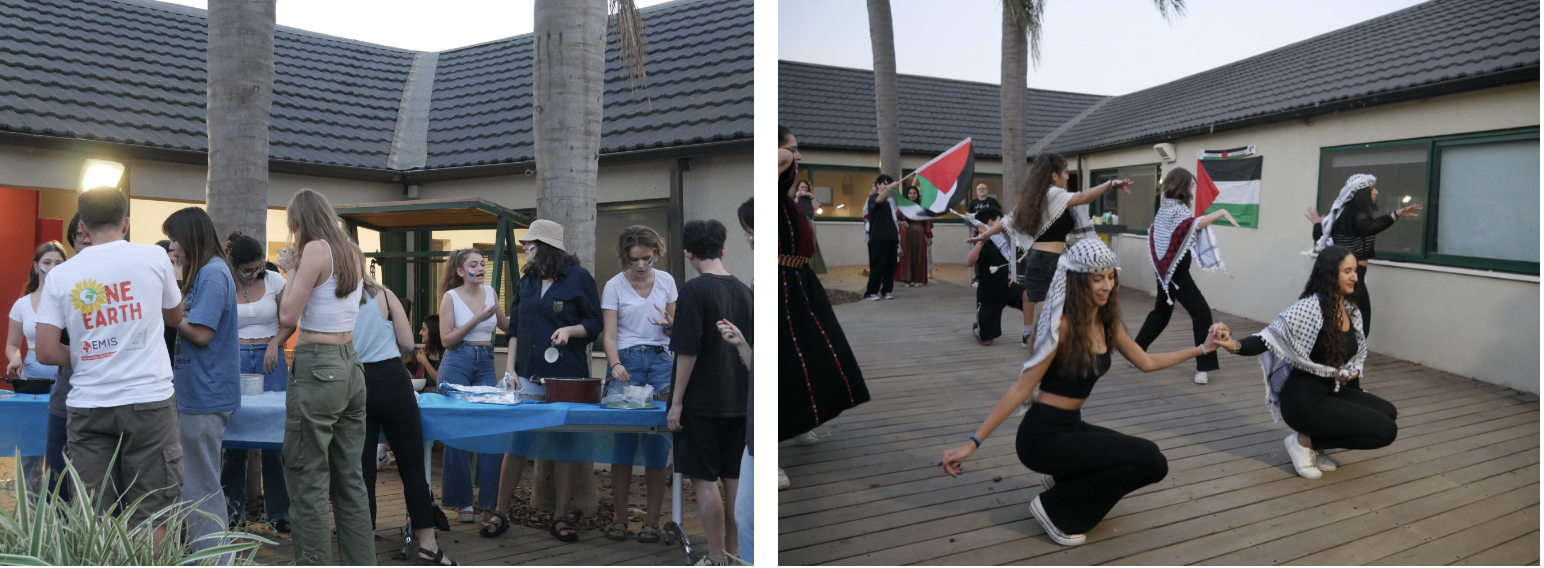Each year at EMIS, students from each culture get together and plan activities to present to the rest of the students their respective cultures through the showcasing of traditional foods, dances, music, clothing, symbols, games, and more.
This year, the Palestinians and the Israelis participated in the opening ceremony. In the planning for the ceremony there was an agreement that neither group will involve politics in the presentation of their culture days. However, many may argue that this is a highly subjective definition. As a result, some of the things presented in the opening ceremony caused some conflicts between the groups. For example, a poem that for one group seemed quite general, to the other group seemed directed at the conflict and blaming them for it. This could have caused lots of problems between the groups, both with the culture days and even some personal arguments between the members. It was great to see the students overcoming this disagreement and trying to do better in their culture days.
For the culture days, each group sent to the other group everything they were planning on presenting. Some posters for example were asked to be removed. Another agreement was a limitation for the number of flags that could be hanged. It was great to see the groups being considerate to one another, following the rules that were established and not trying to force anything that made the other group uncomfortable. Both sides could understand each other’s concerns and did their best to compromise. Both Israelis and Palestinians grow up in an environment that may turn them against each other and make it hard for them to understand each other. The students of EMIS showed the opposite. They understood that in our societies, often times people see the other side as the enemy, and they all grow up in this environment. As a result, we sometimes may feel uncomfortable with things like the other side’s flag or other national symbol. This doesn’t mean we shouldn’t let them express themselves, but that we can be considerate to one another and do this in moderation.
The Palestinians showed many of their traditional foods, the Dabke dance, had a Hena workshop, a museum to showcase their culture and history and a demonstration of a traditional Palestinian wedding. The Israelis also cooked lots of traditional dishes, had a demonstration of a Bar Mitzva, an Israeli childhood museum with some childhood games and a Hora dance which all the students joined. On both days, there were decorations hung around with a limited number of flags as agreed upon, and many beautiful songs from each culture.
Both days were a huge success, and you could see the students of EMIS really had fun and learnt a lot about both cultures. What was really wonderful to see was during the set-up, when the Israelis helped the Palestinians organise and decorate for the Palestinian day, who later did the same for the Israeli day. It was great to see the students of EMIS show that we can share our cultures with each other without always raising a political discussion and having everyone enjoy themselves. Maybe if we try to simply share how we live first, before we argue, we will be able to better understand each other and could discuss the conflict more rationally and successfully.


